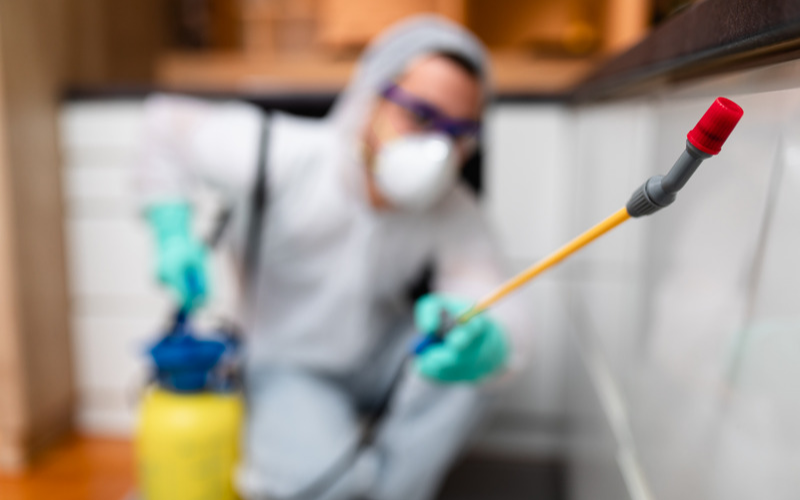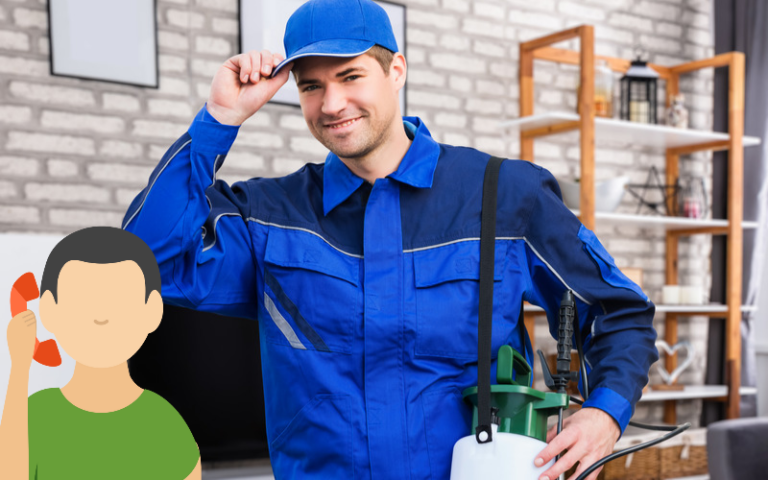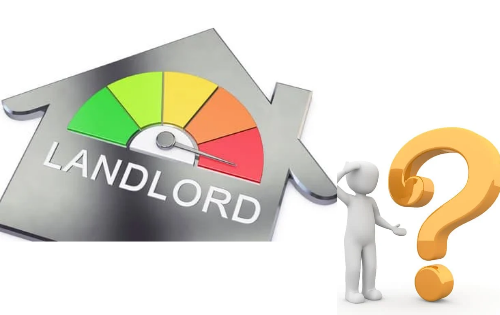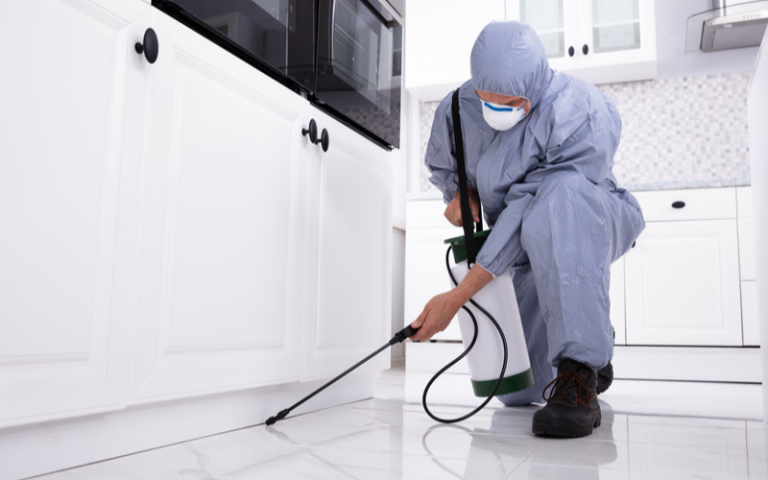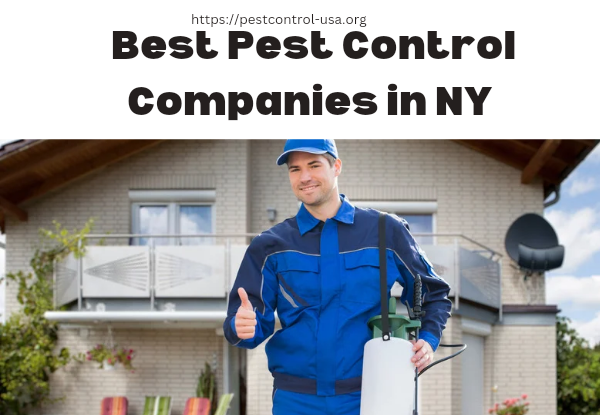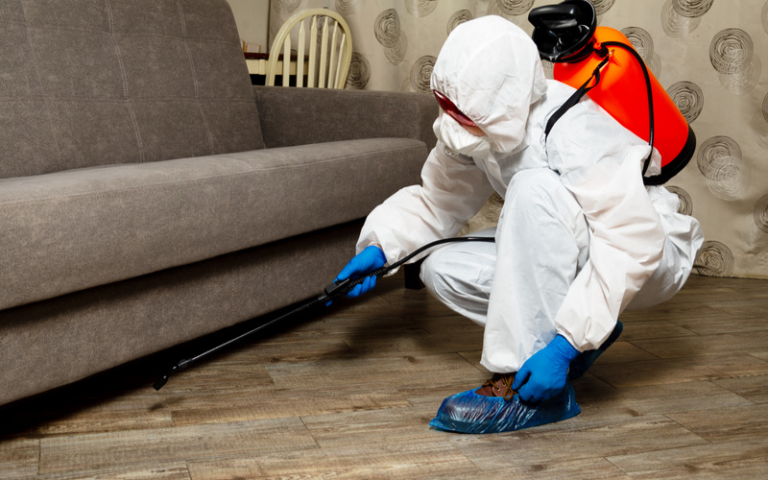If you’re thinking about using pest control chemicals to get rid of pests around your home, there are a few things you should know first. In this blog post, we’ll cover the different types of pest control chemicals, how they work, and what types of pests they can control. We’ll also touch on safety precautions to take when using these chemicals, as well as how to apply and store them. By the end of this post, you should have a good understanding of how pest control chemicals work and how to use them safely.
The Different Types Of Pest Control Chemicals
When it comes to pest control, homeowners want to know what chemicals their pest control company will use. There are a few main types of pest control chemicals- insecticides, herbicides, rodenticides, and fungicides. Insecticides are used to kill bugs, herbicides are used to kill plants, rodenticides are used to kill rodents, and fungicides are used to kill fungus. Pest control companies will typically use different combinations of these chemicals depending on the type of pests they are dealing with. For example, if they are trying to get rid of ants they might use an insecticide and an herbicide.
There are a few different types of insecticides, each with its own specific purpose. There are general-purpose insecticides and contact insecticides. General-purpose insecticides are meant to be sprayed directly on the pests while they’re attacking people or property. Contact insecticides, on the other hand, are meant to be sprayed close to the surface of the target pest where it will come in contact with the bugs.
Herbicides can also come in two main types- systemic herbicides and non-systemic herbicide. Systemic herbicides work their way throughout a plant, killing everything within reach. Non-systemic herbicides, on the other hand, only kill plants directly exposed to them.
Rodenticide molecules come in many different shapes and sizes depending on what type of rodent you’re targeting. Typical rodenticide molecules are designed to get into a rodent’s blood stream and block its ability to move about freely. This can eventually lead to death from asphyxiation or dehydration.
How Pest Control Chemicals Work
Pest control chemicals are designed to kill pests that invade homes. The most common pest control chemicals are insecticides, herbicides, and fungicides. Insecticides kill insects that come into contact with the chemicals. Herbicides kill weeds that grow in gardens and yards. Fungicides prevent mold and mildew from growing on surfaces.
When using these pesticides, it is important to be aware of the risks involved. Pesticides can have negative effects on humans, pets, and the environment. It is also important to be familiar with the warning signs of poisoning so that you can take appropriate action if necessary.
Pesticide poisoning can occur when the product is improperly used or when it comes into contact with skin, eyes, or mouth. Signs and symptoms of pesticide poisoning include drowsiness, dizziness, headache, nausea, vomiting, chest pain, shortness of breath, fatigue, and redness or rash on the skin. If you believe that someone has been poisoned by a pesticide, call 911 immediately.
When using pesticides safely it is important to read and follow all label directions. Pesticides are classified according to their level of toxicity. The most toxic pesticides are usually labeled with a “NO ADVISORY” symbol. These products should only be used in situations where there is no other option available. Other types of pesticides have different levels of toxicity and must be used in accordance with the manufacturer’s instructions.
Types Of Pests Controlled By Pest Chemicals
Pest control is an important part of any home or business. However, not all pests can be controlled with chemicals. Different types of pests require different types of chemicals in order to be effectively controlled. This means that it is important to use the right chemical for the job.
If used incorrectly, pest chemicals can also be harmful. For example, some pesticides are known to cause respiratory issues if inhaled in large quantities. Additionally, some pesticides may also have negative impacts on the environment if they are improperly disposed of or used excessively. By being aware of the different types of pests and the various types of pest control products available, you can ensure that you select the most effective and safe product for your needs.
Some pests are more difficult to control than others. For example, termites require a different type of chemical than cockroaches. In order to effectively control these pests, you will need to use a combination of different types of chemicals. Not all chemicals work with every type of pest, so it is important to select the right product for the job.
Another example of a difficult pest is the bed bug. Bed bugs are not typically controlled with pesticides and require special treatment in order to be eliminated. If your home has been infested with bedbugs, you will likely need professional help in order to get them eliminated completely.
Pest Chemical Safety Precautions
Many pest control products used today are much safer than those used in the past. For example, many of the pesticides that are used to kill pests are much more effective and safe than older pesticides. Pest control companies have access to a variety of products that will safely eliminate your pests without putting your family or pets at risk. If you have any concerns about a specific product, ask your pest control professional for more information.
When using any type of pest control product, it is important to be aware of the safety precautions that must be followed. For example, all pesticides must be used in a safe and appropriate manner. Pesticides should never enter your eyes, skin, or mouth; they should also never be spilled on the ground or into water sources. Always follow the specific instructions that come with the product you are using.
As always, if you have any concerns about how a particular pest control product is being used, please contact your pest control professional for more information. Proper use of these products will ensure complete elimination of pests while ensuring safety for both you and your family and pets.
Applying Pest Control Chemicals
Applying pest control chemicals can be a necessary evil when it comes to keeping your home or business free from pests. However, there are a number of different types of pesticides that can be used, and it’s important to know how to safely apply them. In this section, we’ll cover the different types of pesticide and how they work. We’ll also discuss some tips for safely applying these chemicals.
There are a number of different types of pesticides, but the two most common are insecticides and herbicides. Insecticides kill insects by attacking their nervous systems, while herbicides kill plants by disrupting their chemical processes. Both types of pesticide can be used in a variety of ways, including spraying them directly onto pests or applying them to the soil where they will work their way into the plant’s roots.
When it comes to safely using these chemicals, it’s important to keep a few things in mind. First and foremost, always read the label before using a pesticide. This information will tell you everything you need to know about how to use the product safely and effectively. Secondly, make sure that your hands and clothing are free from any chemicals before handling the product or applying it to pests. Finally, always store these products away from children and pets so that they don’t get into contact with them accidentally.
Storing Pest Control Chemicals
It is important to properly store your pest control chemicals in order to ensure their safety and effectiveness. Pest control chemicals should be stored in a cool, dry place away from heat or direct sunlight. They should also be kept out of reach of children and pets. Properly storing your pest control chemicals will help to protect both you and the environment.
When storing your pest control chemicals, it is important to follow the manufacturer’s instructions. Some chemicals will require you to store them in a specific container, while others may need to be stored in a closed system. You should also make sure that the container is tightly sealed and free from moisture. If you are not sure how to properly store your pest control chemicals, please contact your chemical supplier or the pest control professional that you usually use.
Disposing Of Used Pest Control Chemicals
When it comes to pest control, many people may be familiar with the use of pesticides. However, there are other types of pest control chemicals that can also be used. Here are some tips on how to dispose of these chemicals safely and effectively.
First, it is important to know what pest control chemicals are used. This will help you choose the right disposal method for your particular chemical. For example, some chemicals may be harmful if they are disposed of in water or landfills. Other types of chemicals may be safe to dispose of in wastewater or a landfill.
Next, it is important to know what to do with unused pest control chemicals. Some people might choose to store their unused pesticides in a safe place like a locked cabinet. Others might choose to discard them properly according to local regulations.
There are a few different ways to dispose of unused pest control chemicals. The most common way is to flush them down the toilet. This is generally safe, but it can release harmful toxins into the water supply. Another option is to mix the unused pesticide with concrete and throw it away in a landfill. This method is safest, but it can be time-consuming and expensive.
The best way to dispose of an unused pesticide depends on the type of chemical, where it was used, and what local regulations are in place. However, flushing or mixing the chemical with concrete should be safe for most people and will usually avoid releasing any harmful toxins into the environment.
Conclusion
Pest control chemicals are an important tool in keeping your home or business free of pests. However, it is important to use them safely and correctly in order to avoid harm to yourself, your family, or the environment. Be sure to read all label instructions carefully before using any type of pesticide and follow all safety precautions. If you have any questions about how to use a particular product, contact your pest control professional for more information.

